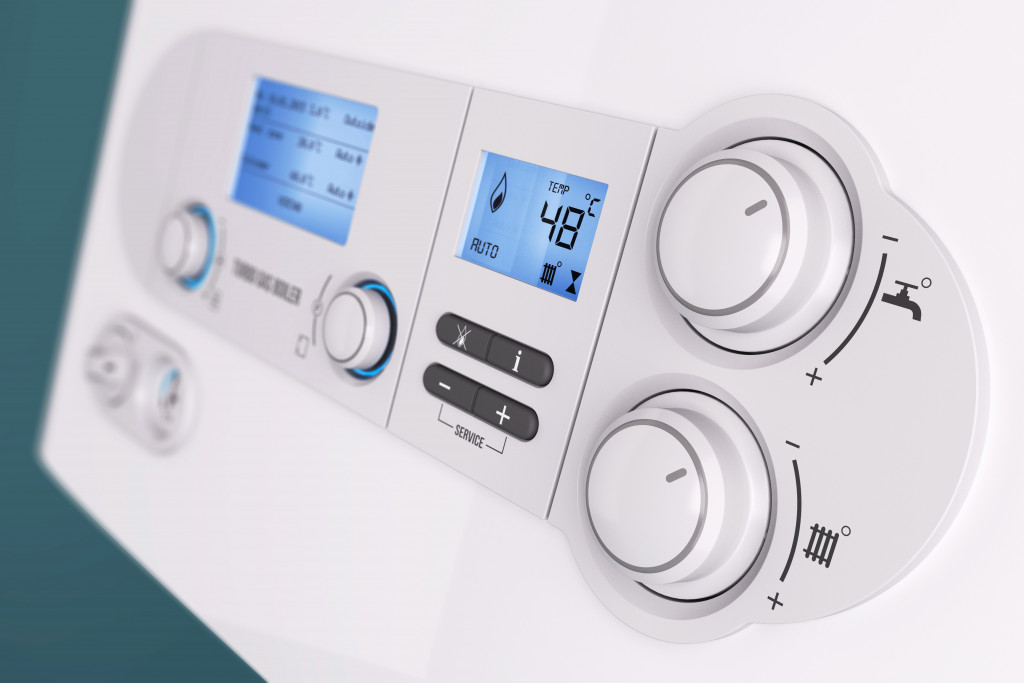Electricity bills have skyrocketed over the last few years. Homeowners are now looking for ways to lower their power usage. Some hire a residential electrician for maintenance inspections, while others conduct an energy usage assessment of their home.
But if there’s one thing that can dramatically decrease your power bills, it would be installing energy-efficient features. For those planning to sell their homes in the future, making your home more energy-saving can give you a stronger competitive edge among other similar properties. How is this true? In this article, we’ll talk about how energy-efficient upgrades increase property value.
Higher home value
When thinking about how much it will cost to install energy-efficient features, such as solar panels, wall insulation, and smart appliances, some people may pause first before going for the purchase.
The upfront costs of making homes or any building more energy-efficient can be quite high. This is the reason why most of us are hesitant to invest in turning our homes energy-efficient. As a result, many would rather settle for paying high utility bills every month than invest in energy-saving features.
But experts say that taking the eco-friendly path translates to bigger financial returns in the long term. A study revealed that investing in energy-saving improvements in your property increases its overall value by 14% on average. It could even reach as high as 38%, depending on the type of energy-efficient features installed. When it comes to cash value, increasing your home’s energy-saving performance could mean an increase of over $33,555 in value.
These figures show a significant increase in house pricing, which can lead to bigger financial returns for homeowners planning to sell their homes. In a hot housing market where properties sell like hotcakes, selling an energy-efficient home can yield surprising rewards for you.

Reduced operational costs
Installing energy-efficient features in your home increases its overall value since it automatically reduces the operational expenses of the property. Whatever eco-friendly improvements you plan to have, they can surely bring a lot of long-term rewards for you or the future homeowner.
For instance, if you include renewable energy features, such as wind turbines or solar panels, it means you don’t have to rely solely on the main power grid to power up your electrical devices. Another great benefit of renewable energy is it allows you to save more by simply producing your own electricity. As a result, you’re benefitting financially while making a positive impact on the environment.
For example, using an old, outdated boiler may seem cost-efficient at first because you don’t have to buy a new one. But older appliance units are usually inefficient because they’re not designed to cut energy consumption, causing outdated models to consume more energy. By investing in an energy-saving model, you’re increasing your energy performance contracting (EPC) while dramatically reducing your bills. While this requires an expensive investment, it eventually translates to significant savings for your home.
Greater appeal to eco-conscious home buyers
Given the increasing environmental impact of people around the world, consumers are becoming more conscious of their daily lifestyles. This new consumer behavior has led to an increasing number of eco-conscious consumers who consider their environmental impact on their daily buying decisions.
Real estate is not an exception to the eco-consumerism trend. Sustainability is quickly turning into a top requirement for the rising breed of younger homeowners. It’s no longer enough to have a house that is exceptionally functional and aesthetically designed; home buyers are now looking for homes with sustainability factors in mind.
So if you’re home is packed with energy-efficient features, you can attract more home buyers who are willing to pay a premium for an energy-saving property. Typically, these buyers are willing to pay more for a property that allows them to save more financially in the long run. We’re talking about the millennials, the age group with the highest buying power among other generations. Millennials are more aware of their environmental impact and are willing to patronize companies that advocate for the environment. In fact, a study showed around 40% of millennials prefer to live in an eco-friendly home.
A better advantage over other properties
It doesn’t matter whether your energy-efficient home is pricey than other similar properties. Experts say that properties with energy-efficient features have a greater competitive edge than other properties without green features.
Homes with eco-friendly features are a no-brainer choice for homeowners focused on long-term savings. According to a survey by the National Association of Home Builders, energy-efficient features are now the top priority of aspiring homeowners. It positively affects their buying decision among over 80% of home buyers.
There are plenty of ways to improve the energy efficiency of your home. You just have to find which features can provide the most value. Not only will you benefit financially, but you’re also helping the environment at the same time.
